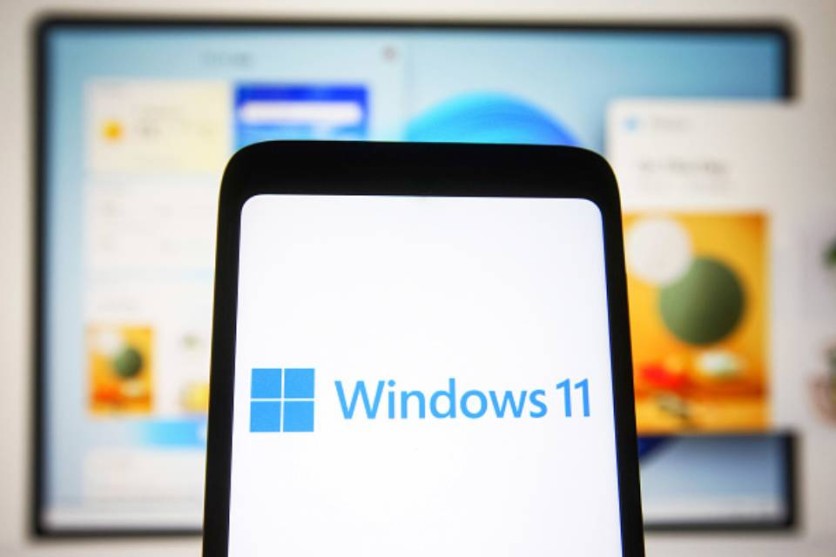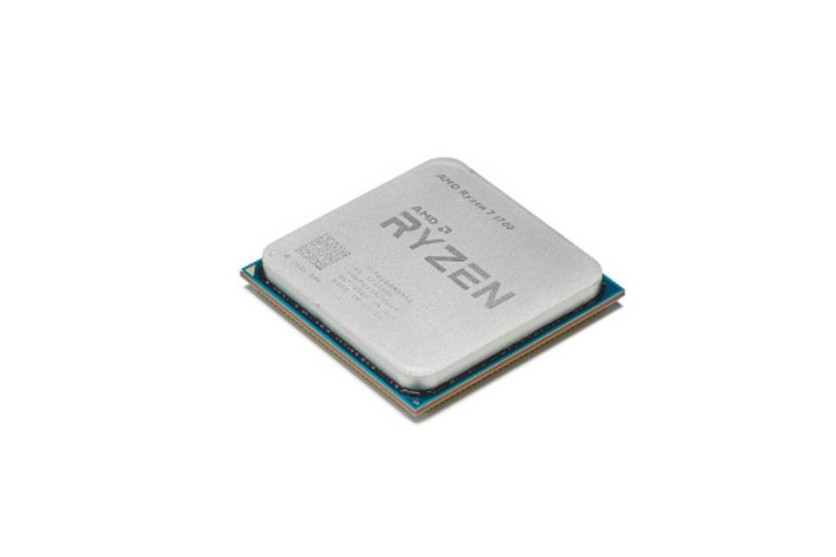Windows 11 and its system requirements are still causing confusion almost a week after the first version was unveiled.
After initially reporting that it won't support CPUs from the Intel Kaby Lake (7th gen) and AMD Ryzen 1000 series, Windows 11 is now opening the door for these architectures in the latest developer preview build released recently, reports PCGamer.

According to Microsoft themselves, they're testing the technically not-that-old series of CPUs from Intel and AMD in the current developer build, stating that the goal of the tests is to see if the aforementioned chips will meet their principles. This includes security, reliability, and compatibility.
The information comes from the official Windows blog, where it was reiterated that CPU architectures newer than Kaby Lake and Ryzen 1000 fulfill all three principles. They say that the chips and their accompanying hardware can lead to as much as a 60% reduction in malware, a 99.8% reduction in crashes, and improved overall compatibility with newer versions of Microsoft Office and Teams.
Furthermore, Microsoft seems to recommend two different categories for Windows 11 compatibility: a so-called "hard floor" and "soft floor," according to PCGamer. The hard floor refers to the absolute bare minimum specs you need to run the new OS, while the soft floor is basically the "recommended" specs. The new CPU architecture requirements are part of the soft floor. But theoretically, you can still run the OS as long as the processor you run has more than 2 cores and a clock speed greater than 1 GHz.
Windows 11 Hardware Locking? What Gives?
If the current updated system requirements stay where they are until the official Windows 11 launch, then Microsoft is going to be hardware-locking a lot of people from all the goodness of the new OS. Even the fact that they're making Windows 11 a free upgrade won't do them any favors.
It's also the hardware requirement that's causing a little bit of confusion. Technically, first-generation Ryzen and 7th-gen Intel processors aren't that old. AMD launched the Ryzen lineup four years ago, and Intel launched Kaby Lake a year before that. And since CPUs age way slower than graphics cards, millions upon millions of users are still running those same chips despite the current-generation versions already being in the market.

Since the Windows 11 preview build is still not the official version of the OS, you should expect that the current system requirements are subject to change closer to the official launch date. But right now, it's not looking good for first-gen Ryzen and Kaby Lake owners, especially during the ongoing CPU shortage.
As for the graphics card requirement, however, a sudden change in that could mean even worse hardware-locking. Right now, Microsoft only requires a DX12-capable GPU. But who knows? Maybe in the coming months, they're going to say you'll need a DX12-ultimate card, which means only NVIDIA RTX and AMD RDNA GPU owners are going to have access. And that's not going to sit well, not with graphics card prices still going bonkers.
This article is owned by Tech Times
Written by RJ Pierce
ⓒ 2026 TECHTIMES.com All rights reserved. Do not reproduce without permission.




